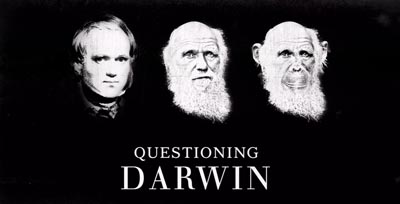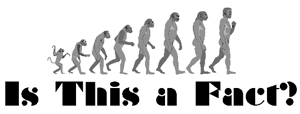In part 1 of this article, we began to explore the dynamics around the question, “Is creation relevant?” What we found is that to God, it is quite relevant – it is the first thing he wants us to know about himself, as indicated in the first verse of the Bible – “In the beginning, God created the heavens and the earth.” But today, due to a desire to make and live one’s own reality, people are throwing away what God has clearly created and instituted in order to fashion a world made to their own likings and tastes – whether such a world is true or not. And since they have rejected God’s truth – the world they fashion is increasingly distant from the truth of what God created. And thus like the shadow of Mordor over Tolkien’s middle earth, the shadow of self deception grows increasingly long over the lives of people today.
In our previous exploration, we left off pondering the question “how do we begin to address this problem of a rejection of absolutes and the creator?” – the Creator being of course the ultimate absolute. Which is where we pick it up today. In order to address the problem, we must understand what is at the root of the problem of people rejecting the Creator and His teaching on creation. Otherwise we will merely be treating symptoms, while the disease continues to ravage the body (Some of those symptoms – 80-90% who make a profession of faith fall away; 2/3 of professing young adults leave the faith by the time they leave college; the falling numbers of people adhering to Biblical truth, etc.). Thus we must understand why people reject the creator. Continue Reading

.jpg)







.jpg)

 Though they’ll never admit it, most evolutionists adhere to evolution as followers in any other religion adhere to their faith.
Though they’ll never admit it, most evolutionists adhere to evolution as followers in any other religion adhere to their faith.